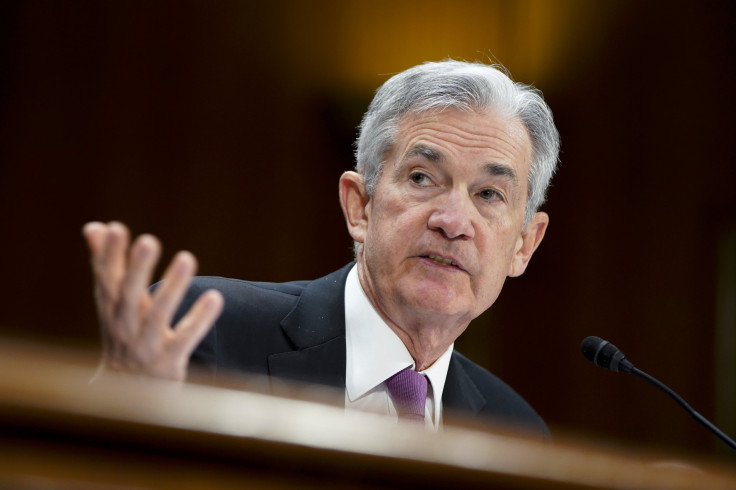US Economy News: Federal Reserve Keeps Interest Rates Steady -- For Now

The Federal Reserve held interest rates unchanged Wednesday, while signaling there could be a cut as early as July — the first time in a decade — due to a slowing economy and a trade war with China.
In a statement, the Federal Reserve said it forecasts a relatively strong economy but that it could change course due to future economic "uncertainties" and that it would "act as appropriate" due to changing economic information.
Most economic forecasters were not expecting the Fed to cut rates, according to reports. The Federal Funds rate will stay between 2.25% and 2.5% in order to "foster maximum employment and price stability."
The Federal Funds rate is the interest rate at which banks charge other banks to lend from their reserves on an overnight basis.
The decision runs counter to President Trump's hopes of cutting interest rates in order to stimulate economic growth. He blames the Fed's interest rates in 2018 for slowing markets.
The announcement comes one day after Bloomberg News reported that Trump in December considered the unprecedented move of demoting Fed Chairman Jerome Powell to Fed Governor due to Trump's dissatisfaction with Powell's interest rate increases. Trump's top economic advisor Larry Kudlow denied the claim.
Trump nominated Powell as head of the Federal Reserve in November 2017.
The U.S. economy has a low unemployment rate of 3.6% percent as of May but markets have been turbulent due to Trump's tariffs on China and other countries.
The Federal Reserve generally raises rates when the economy is strong to prevent inflation, as it has done under Powell, in what is referred to as Contractionary Monetary Policy.
© Copyright IBTimes 2024. All rights reserved.





















